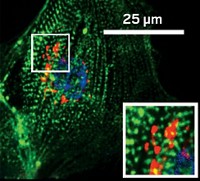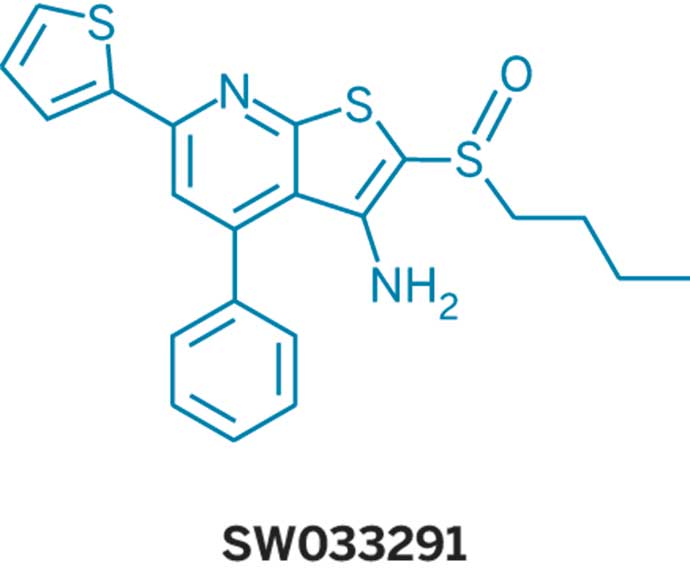Advertisement
Grab your lab coat. Let's get started
Welcome!
Welcome!
Create an account below to get 6 C&EN articles per month, receive newsletters and more - all free.
It seems this is your first time logging in online. Please enter the following information to continue.
As an ACS member you automatically get access to this site. All we need is few more details to create your reading experience.
Not you? Sign in with a different account.
Not you? Sign in with a different account.
ERROR 1
ERROR 1
ERROR 2
ERROR 2
ERROR 2
ERROR 2
ERROR 2
Password and Confirm password must match.
If you have an ACS member number, please enter it here so we can link this account to your membership. (optional)
ERROR 2
ACS values your privacy. By submitting your information, you are gaining access to C&EN and subscribing to our weekly newsletter. We use the information you provide to make your reading experience better, and we will never sell your data to third party members.
Biological Chemistry
Platelet decoys inhibit blood clots
Stripped-down structures could lead to alternative anticlotting therapies
by Celia Arnaud
February 17, 2019
| A version of this story appeared in
Volume 97, Issue 7

When platelets are hyperactive, they can form blood clots that cause heart attacks or strokes. Antiplatelet drugs can combat such clotting, but reversing their effects requires waiting a week or more for new platelets to form, during which time patients could be at risk of uncontrolled bleeding. An easily reversible alternative to existing platelet inhibitors could be safer. To find a way to more carefully control blood clotting, Donald E. Ingber of the Wyss Institute for Biologically Inspired Engineering at Harvard University, Anne-Laure Papa of George Washington University, and coworkers have devised stripped-down platelet “decoys” that inhibit blood clots. Their activity can be quickly reversed by adding natural platelets (Sci. Transl. Med. 2019, DOI: 10.1126/scitranslmed.aau5898). The researchers made the decoys by extracting natural human platelets to remove most of their membranes and cellular contents. In the process, the natural platelets maintain their cytoskeleton and cell-surface receptors. Thanks to those changes, the decoys don’t aggregate, and they inhibit aggregation of normal platelets in culture and in animal studies. This suggests they might be an alternative to today’s anticlotting therapies. They also decrease metastasis in mice with cancer.





Join the conversation
Contact the reporter
Submit a Letter to the Editor for publication
Engage with us on Twitter